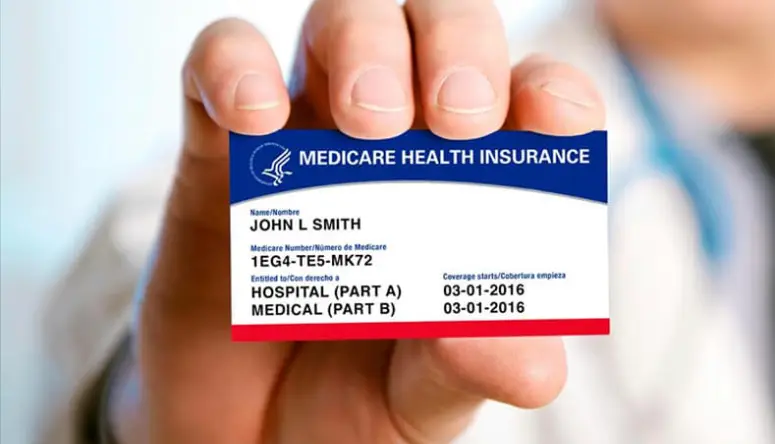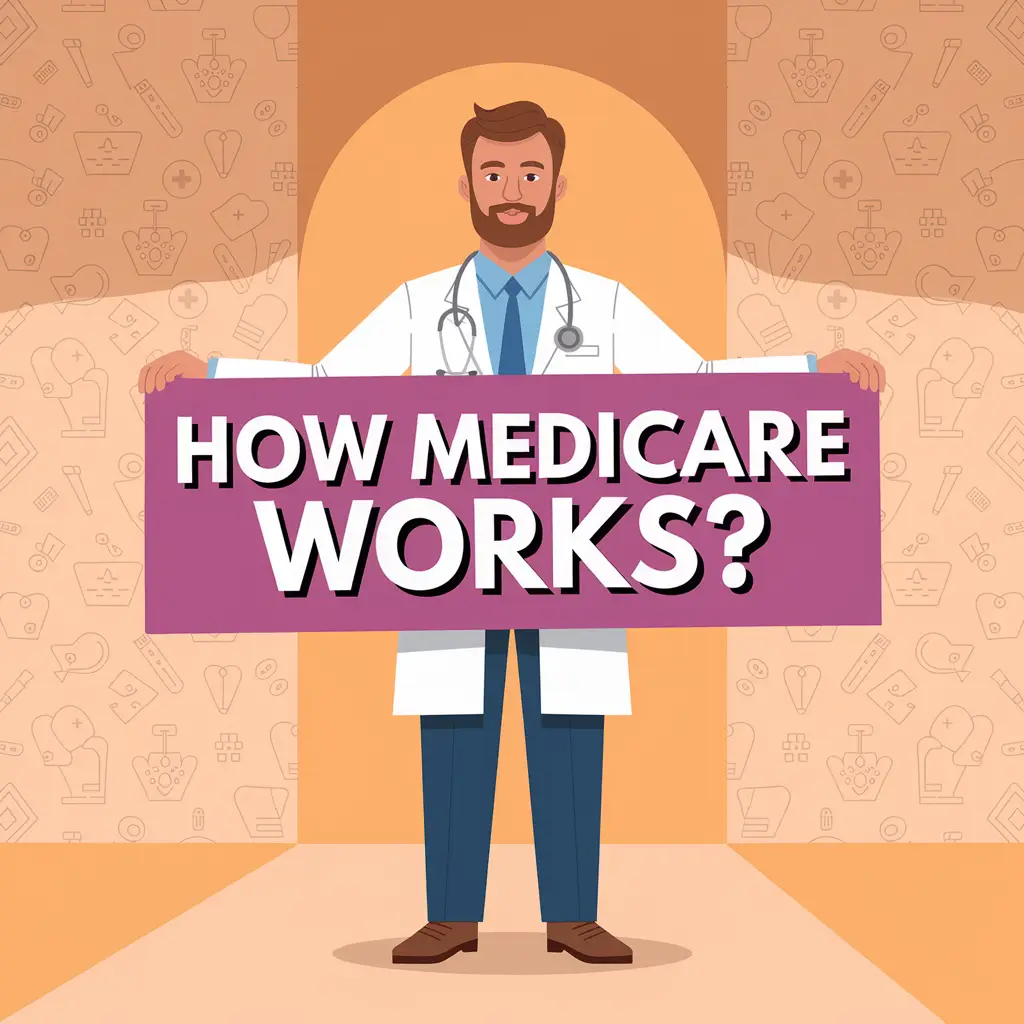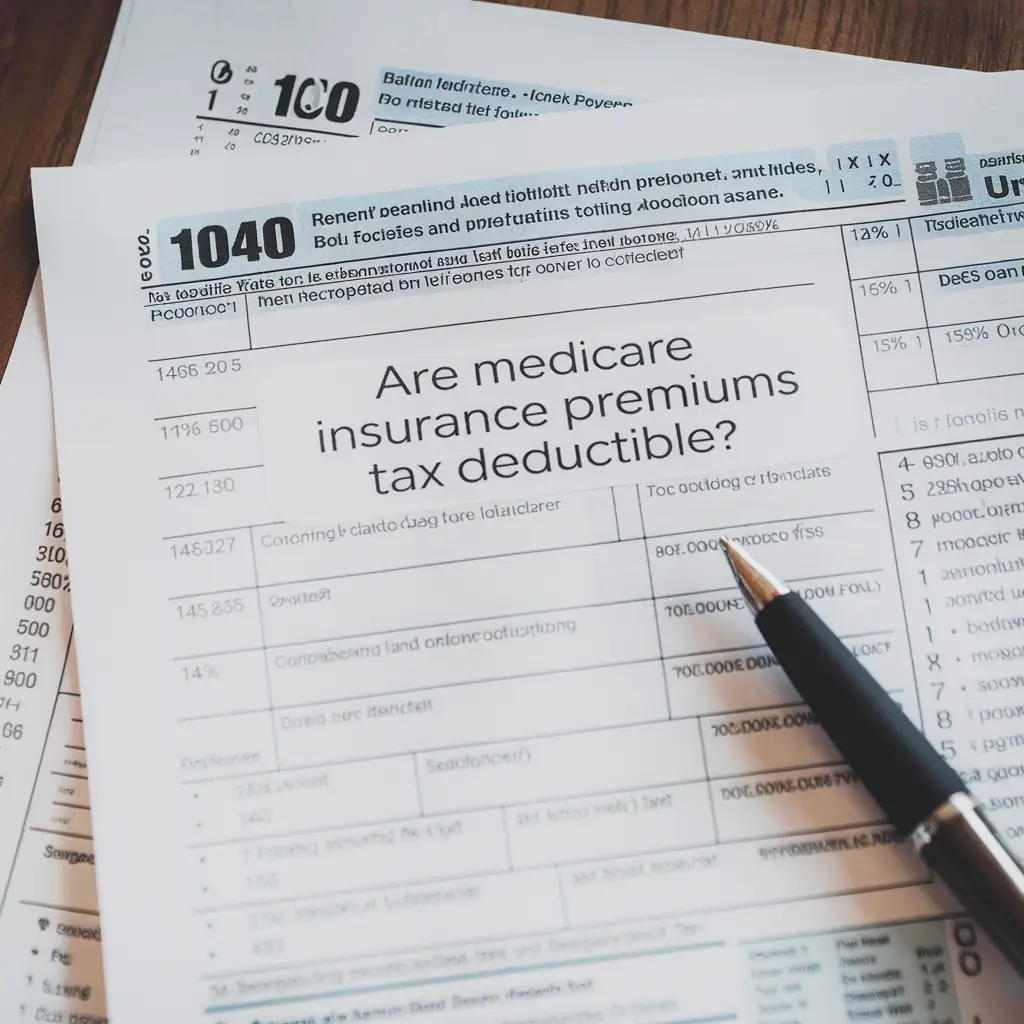Is Medicare Free? Understanding the Costs of Medicare Coverage
As you approach your 65th birthday, you may be looking forward to enrolling in Medicare. Perhaps you’ve heard that Medicare is free, or at least very affordable. But is that really the case? Let’s dive into the costs associated with Medicare to help you prepare for this important transition in your healthcare coverage.
What is Medicare?
Medicare is a federal health insurance program primarily designed for people 65 and older, as well as some younger individuals with certain disabilities or conditions. Established in 1965, Medicare aims to provide affordable health coverage for seniors and reduce the financial burden of healthcare in retirement.
The Different Parts of Medicare
Before we discuss costs, it’s crucial to understand the different parts of Medicare:
Medicare Part A
Covers inpatient hospital stays, skilled nursing facility care, hospice care, and some home health care.
Medicare Part B
Covers outpatient care, preventive services, medical supplies, and some doctor’s services.
Medicare Part C (Medicare Advantage)
An alternative to Original Medicare (Part A and B) offered by private insurance companies approved by Medicare.
Medicare Part D
Provides prescription drug coverage.
Is Medicare Part A Free?
The answer is: It depends.
Premium-Free Part A
Most people don’t have to pay a premium for Medicare Part A. You’re eligible for premium-free Part A if you or your spouse worked and paid Medicare taxes for at least 40 quarters (10 years). These are known as work credits.
Buying Part A
If you don’t have enough work credits, you’ll need to buy Part A. In 2024, the Part A premium could be up to $505 per month, depending on how many work credits you have.
Part A Deductibles and Coinsurance
Even if you don’t pay a premium, Part A isn’t entirely free. For 2024, the Part A deductible is $1,632 per benefit period. After meeting your deductible, you may have to pay coinsurance for extended hospital or skilled nursing facility stays.
Costs Associated with Medicare Part B
Part B Premiums
Most people pay the standard Part B premium, which is $174.70 per month in 2024. However, if your income is above a certain threshold, you may have to pay an Income-Related Monthly Adjustment Amount (IRMAA) in addition to the standard premium.
Part B Deductible
The annual Part B deductible for 2024 is $240.
Part B Coinsurance
After meeting your deductible, you typically pay 20% of the Medicare-approved amount for most doctor services, outpatient therapy, and durable medical equipment.
Additional Costs in Original Medicare
Original Medicare (Part A and B) doesn’t have an out-of-pocket maximum, which means there’s no limit to what you might have to pay in a given year if you need a lot of care. Additionally, Original Medicare doesn’t cover most prescription drugs, so you’ll need to budget for those costs separately.
Medicare Advantage (Part C) Costs
Medicare Advantage plans often have different cost structures:
- Some plans have $0 premiums, while others charge a monthly premium in addition to your Part B premium.
- Plans typically have their own deductibles, copayments, and coinsurance amounts.
- Unlike Original Medicare, Medicare Advantage plans have annual out-of-pocket maximums.
Medicare Part D Prescription Drug Coverage Costs
Part D costs vary by plan but generally include:
- Monthly premiums
- Annual deductible (up to $530 in 2024)
- Copayments or coinsurance for covered drugs
- Costs in the coverage gap (“donut hole”), although this has been closing over the years
Factors Affecting Medicare Costs
Several factors can influence your Medicare costs:
- Your income level (affecting premiums for Part B and Part D)
- When you enroll (late enrollment can lead to penalties)
- Your health status and how often you use medical services
- Where you live (costs can vary by state and even county)
Ways to Reduce Medicare Costs
If you’re concerned about Medicare costs, consider these options:
- Medicare Savings Programs: State-run programs that help with premiums and other costs for those with limited income and resources.
- Extra Help for Part D: A program to help with prescription drug costs.
- Medigap (Medicare Supplement Insurance): Private insurance that can help cover some out-of-pocket costs in Original Medicare.
- Comparing plans annually: During the Annual Enrollment Period, you can switch plans to potentially save money.
Planning for Medicare Costs
It’s important to plan ahead for Medicare expenses:
- Budget for premiums, deductibles, and potential out-of-pocket costs.
- Consider using a Health Savings Account (HSA) to save tax-free money for healthcare expenses.
- If you’re still working at 65, weigh the pros and cons of delaying Medicare enrollment.
Common Medicare Cost-Related Questions
What happens if I can’t afford Medicare?
If you’re struggling with Medicare costs, look into Medicare Savings Programs and Extra Help for Part D. You may also qualify for Medicaid, which can work alongside Medicare to lower your costs.
Can I get financial assistance for Medicare costs?
Yes, through programs like those mentioned above. Your state’s State Health Insurance Assistance Program (SHIP) can provide free, unbiased counseling on your options.
How do Medicare costs compare to private insurance?
While everyone’s situation is different, many people find Medicare to be more affordable than private insurance, especially when factoring in the subsidized premiums and cost-sharing limits.
Conclusion
While Medicare isn’t entirely free, it provides valuable coverage that’s often more affordable than other health insurance options for seniors. Understanding the costs associated with each part of Medicare can help you budget effectively and choose the best coverage for your needs.
Remember, your individual costs will depend on your specific situation, including your income, health needs, and the type of Medicare coverage you choose. It’s always a good idea to review your coverage annually to ensure you’re getting the best value for your healthcare dollar.
Next Steps
Are you approaching Medicare eligibility and feeling overwhelmed by the cost considerations? Don’t navigate this complex system alone. At Craig Smith Insurance Group, we specialize in helping seniors understand their Medicare options and find the most cost-effective coverage for their unique needs.
Contact us today for a free Medicare cost consultation. We’re here to help you make informed decisions about your healthcare coverage as you enter this new phase of life










